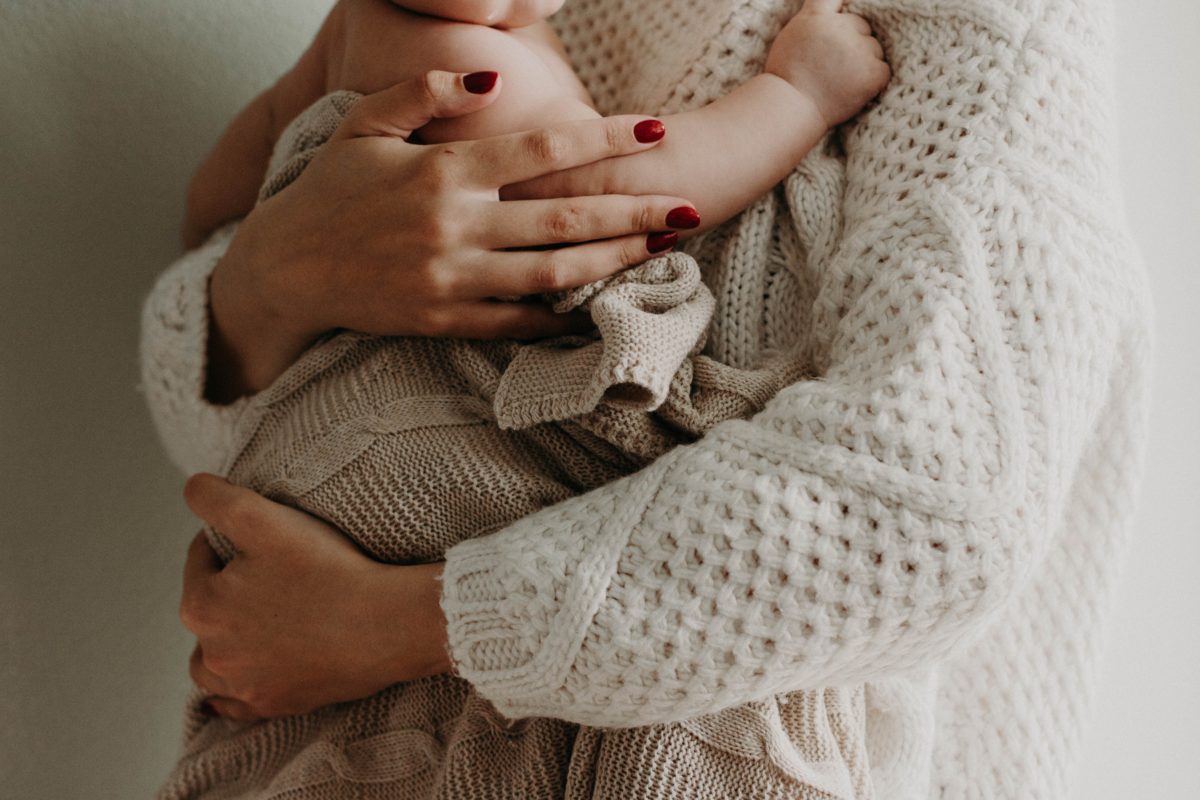Mother and Baby Units (MBUs) in prison are a vital resource, with the capacity to support women to care for their children up to the age of eighteen months.
In my seventeen years in front-line Child Protection Social Work, I have worked closely with mothers in prison, undertaking pre-birth assessments, supporting women in obtaining places on a Mother and Baby Unit and ensuring that children whose mothers are imprisoned, are able to continue to enjoy regular and meaningful contact with them. I have also worked with women in prison who have sadly experienced separation from their children, through the court arena, or alternative arrangements being made with family members. I have also worked within a prison, as a Social Work Team Manager.
Each and every day, I work to ensure that the right children receive the right help and protection they need at the right time. This extends to children who experience separation from their mothers, who may be imprisoned. I have witnessed first-hand how some practitioners – though recognising the impact that maternal imprisonment can have for children – have a limited understanding of the MBU application process. The decision as to whether a mother can remain living with her baby can be life-altering and this lack of awareness prompted me to work closely with the prison in the Local Authority in which I currently work. I currently sit on their Mother and Baby Board where critical decisions are made as to whether a placement will be offered to a woman in prison, which will enable her to care for her child.
The Chief Social Worker for Children and Families Care invited me to join a panel of eight expert social workers to review MBU applications. Our case review explored the social work input into MBU decisions and the wider decision-making process that determines whether to offer an MBU placement to women who apply. We reviewed anonymised MBU applications, looking at both the prison files and family’s case files in the home local authority.
It was a privilege to be part of this panel, which provided a real insight into the processes whereby women in prison are either offered or denied a placement on an MBU. At times, it was distressing to read of the experiences of women where applications had been denied, even if it was clear that this was the right and safe decision for a child. However, there were heartening examples of women granted placements on MBUs who were supported to care for their children.
We found examples of great practice, with high quality evidence provided by social workers, a focus on meeting the child’s needs, full and cohesive multidisciplinary approaches being taken, and mothers being given a real opportunity to parent and bond with their child.
Yet this great practice was not universal, highlighting the inconsistency and at times almost lottery-like element of the MBU application process. Some mothers applied to an MBU where the Board was willing to use the MBU placement as an assessment opportunity. Other mothers in very similar circumstances were deemed too high a risk by a different MBU Board. Some MBU Boards accepted the mother’s application despite there being an inevitable separation as the mother’s sentence was longer than the age a child is able to remain on an MBU for (typically up to 18 months). Other MBU Boards rejected applications for the sole reason that there would be an inevitable separation. Some mothers benefitted from detailed up-to-date reports and parenting assessments with the social worker attending their MBU hearing. For other women, no social worker report was submitted and large pieces of information to help determine whether a mother should be granted a place were missing.
During the review process, I had the opportunity to visit an MBU to meet with women and their babies and the fantastic staff on the unit. It was clear that for many, an MBU placement was a life changing opportunity for women to stay with their children with the support of their peers and the prison staff. However, a key theme which arose was the all too common disconnect between Local Authority Social Workers and Prison Mother and Baby Units, with social workers not always understanding the role and remit of the MBUs. Additionally, that communication between Local Authorities and prisons can be inconsistent and not always conducive to decision making around children remaining with their mothers.
I hope that this review will help to shine a light on mothers in prison and their children, who are all too often forgotten about; and that its recommendations will help social workers feel supported, confident and with the knowledge to play a greater role in this crucial decision-making process in the future.
Read the Chief Social Worker for Children and Families’ full report

